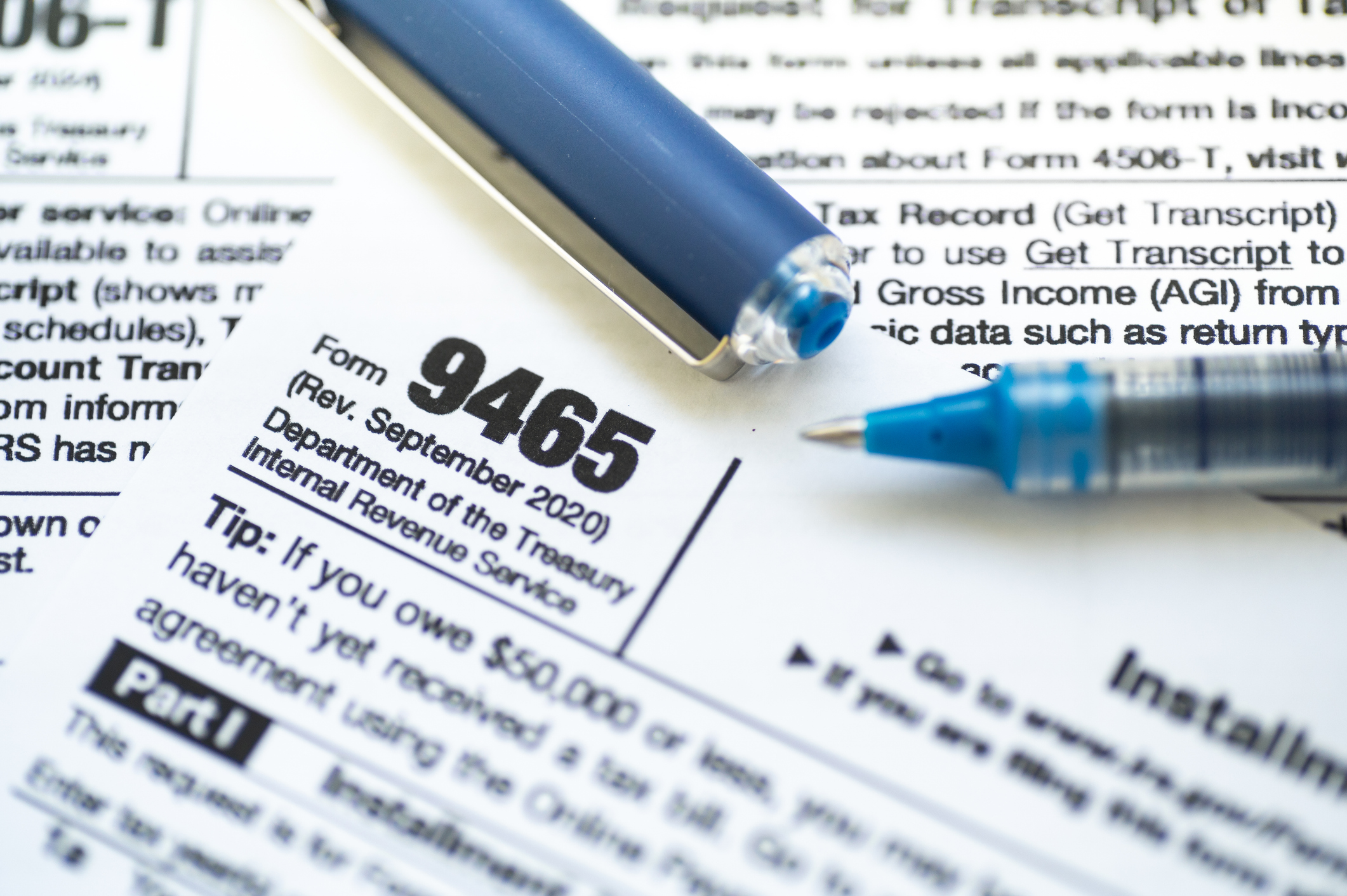💡 Key Takeaways
- Social Security benefits can become taxable when combined with other income that exceeds IRS thresholds, resulting in unexpected tax bills.
- Missing paperwork or deadlines often results in unfiled returns, penalties, and interest.
- Insufficient tax withholding from pensions, IRAs, or 401(k)s leads to large year-end balances if Form W-4P isn’t updated.
- Retirees with high tax debt can seek tax resolution with the help of TaxRise.
Retirees most often owe back taxes because Social Security, pensions, and other income sources are not entirely withheld for tax purposes. Below are the five most common reasons retirees face surprise IRS tax bills.
1. Misunderstanding How Social Security Is Taxed
A common misconception is that Social Security benefits are always tax-free. In fact, benefits can become taxable when half of your annual benefits plus all of your other income exceed certain thresholds.
Taxable income sources include:
- Pensions
- Wages
- Investment earnings
The table below outlines the base amount for your filing status and the threshold limits the IRS considers for Social Security taxation.
| Base Amount (Annual Combined-Income Threshold) | Filing Status |
|---|---|
| $25,000 | Single, head of household, or qualifying surviving spouse. |
| $25,000 | Married filing separately and lived apart from your spouse for the entire year. |
| $32,000 | Married filing jointly. |
| $0 | Married filing separately and lived with your spouse at any time during the tax year. |
If your combined income passes these threshold limits, then your benefits may be taxable. Many retirees unintentionally underpay because they don’t factor this into their estimated taxes or withholdings.
2. Losing Track of Paperwork or Deadlines
Major life changes, such as downsizing or relocating, can scatter important tax and financial documents. Forms such as SSA-1099s, 1099-Rs, or brokerage statements may be misplaced. Missing a deadline or failing to include required forms often results in unfiled returns, which can trigger IRS late-filing penalties and interest.
3. Facing Unexpected Health or Family Crises
Medical or caregiving emergencies often push tax deadlines aside, triggering late-filing and late-payment penalties. Things like health setbacks or extended hospital stays can disrupt even well-planned finances.
Tax deadlines can understandably become a lesser priority when urgent medical or family matters arise. However, the IRS will charge penalties that will continue to accrue until it is resolved.
4. Gaps in Withholding on Retirement Distributions
Pension payments, IRA withdrawals, and 401(k) distributions don’t always withhold enough federal tax by default. Unless retirees update Form W-4P to specify the correct withholding amount, they can accumulate a large balance due at year-end, along with potential underpayment penalties.
5. Unexpected or Irregular Income
Retirement doesn’t always mean a fixed income – there are situations where taxable income is not automatically withheld. This includes:
- Selling a second home.
- Cashing in investments.
- Receiving large dividends
- Earning income from gig or consulting work.
If estimated tax payments are not adjusted, an IRS tax bill is likely to appear in the mail.
Need Help Fixing Tax Debt? Get in Touch with TaxRise!
Understanding these five common reasons for tax debt can help retirees stay compliant and avoid unnecessary penalties. If you’re already behind or unsure where you stand with the IRS, TaxRise can help. Our dedicated team will:
- Review your financial situation.
- File your missing tax returns.
- Create a proactive tax resolution plan.
Enjoy retirement with confidence and schedule a no-cost consultation with TaxRise – an industry leader in tax resolution.
Frequently Asked Questions
Yes, unfiled returns can directly affect your Social Security benefits if you owe tax debt. The IRS may garnish your benefits or file a substitute return showing higher income than you actually had.
No, you do not need to file your taxes if Social Security is your sole source of income. However, if you have other sources of income, you may be required to file if the total income exceeds any IRS threshold limits.
Yes, you can still get a tax refund if you file within three years of the original due date.
Yes, retirees with an outstanding tax liability can qualify for tax debt relief. We recommend consulting with a TaxRise professional to check your eligibility and explore your options.









0 Comments